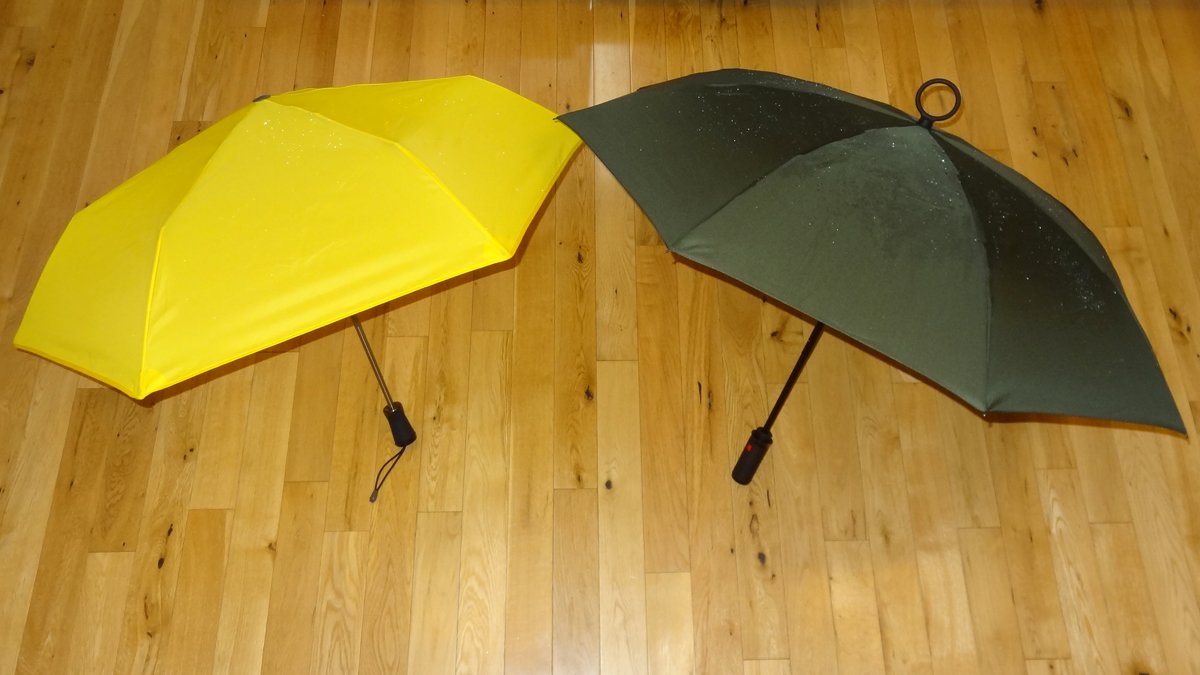As schools across the country let out for spring break, cars are loaded with suitcases, airplane seats are ensured to be in their full upright positions, and families depart for a time of rest, relaxation, and vacation. But if your schedule (or budget) doesn’t allow for a cross country trip, maybe you and your family can take a virtual trip via a new board game currently being funded on Kickstarter.
Family Vacation is a game from Philip duBarry (designer of the popular Revolution, sold by Steve Jackson Games) and rewards players who can create the most fun-filled vacation for their in-game families. The game is for two to six players, is supposed to take between 45 and 60 minutes to play, and is meant for players age 10 and above. In reality, games can be played much more quickly than that and, with a little help, players as young as eight can probably play.
Gameplay is pretty straightforward, but allows for different strategies for earning happiness points, which determine who wins the game. Points are earned by doing activities that your family members enjoy. It might be a trip to a beach, a round of golf, a visit to an art museum, or one of a half dozen other interests randomly assigned to your family of four. Each activity you complete adds to the happiness of the certain family members (but certain activities, like shopping, can deduct happiness from other members of your in-game family).
Play begins by drawing a hometown card, which not only tells players what city they begin (and end) in, but also lists three secret monuments or attractions. A player must try to visit at least one of these locations during the course of the game because they are worth big points, but are only awarded to the first player who visits them.
Movement is simple; no dice rolling necessary. Each turn, a player may advance one space. If that landing spot is on the highway, all family members lose a happiness point because highway travel is boring. But when the family reaches a city, the fun begins and happiness climbs. Most cities are comprised of a number of activities that may match family members’ interests. Points are awarded or deducted based on each individual’s interest cards. Once that activity has been completed, it is covered up and can’t be done again for the duration of the game. This makes long games and contests with more players pretty challenging.
If a player moves to a covered space or one of the hometown cities that isn’t his own, she draws an adventure card. Adventure cards are mostly positive outcomes, sometimes negative, and sometimes an optional side mission. In many cities there are also photo spaces that include a token. A family that collects photo tokens is awarded points on a graduating scale, according to the number of tokens gained, at the end of the game.
Each player has a plane ticket that allows for a single trip at any point during the game. The player has to be in a city with an airport and travel to a city with an airport, but it is a great advantage and one to be saved for the right moment. There’s a bit of international travel, as well. Families can visit both Canada and Mexico and the first and second families in to each country get an extra bonus.
The end of the game is a bit of an unknown and doesn’t trigger until a family announces it has arrived home. The returning family has to have visited at least one of the attractions on its hometown card and, for that family, they are unable to travel and earn more points. However, the rest of the players have seven turns to continue their travel and earning of happiness points. The first team to arrive home (and any other team that returns home in the seven subsequent rounds) will earn a single happiness point per family member per round. After that seventh round, all vacations are officially over and points are added up. This includes each family member and any bonus points for photos, visited attractions, international travel, and, possibly, adventure cards.
While Family Vacation isn’t a high strategy game, it nicely fills the niche for casual family gamers who want to have a fun time together. While everyone is playing against each other, there are enough ways to earn points that the game doesn’t feel overly competitive, so players may have a more relaxing experience.
I enjoyed playing the game, but there are a few things I would like to see changed. Gameplay felt too much like “move here, collect points” and it would have been fun to introduce another element. My wife suggested adding some adventure cards that awarded points based on actual activities like singing a road trip song or (rather than just giving points for “naming animals for each letter of the alphabet”, actually make players play that game) or give points for every state capital they can name in 15 seconds.
Still, I appreciated Family Vacation‘s open ended gameplay and each time we played it, it felt like a new game. With the variety of hometown cards and random interests, we were forced to take different approaches each time. It’s difficult to day exactly what the game will end up looking like because the game we played was a prototype, but we especially liked the artwork. Family Vacation gave us +3 happiness.
Family Vacation is seeking funding on Kickstarter now through April 10th.
Disclosure: GeekDad was sent a sample of this game.







